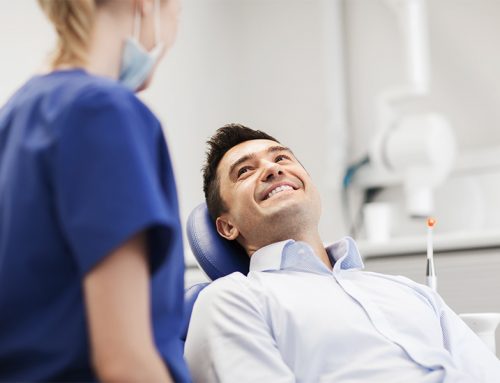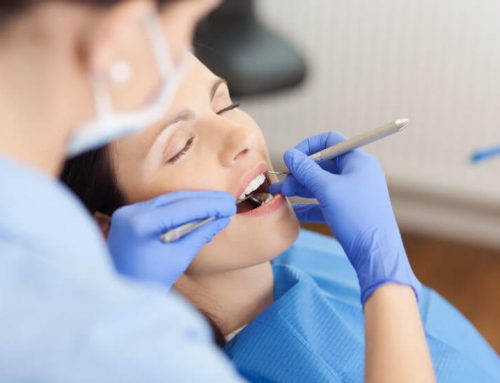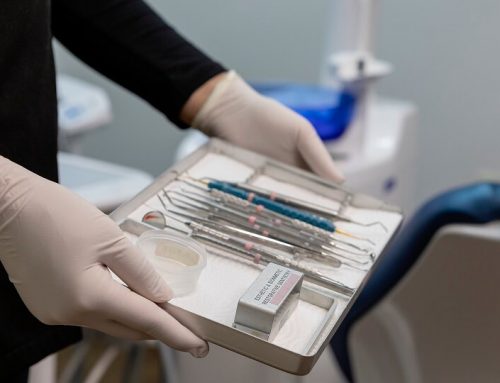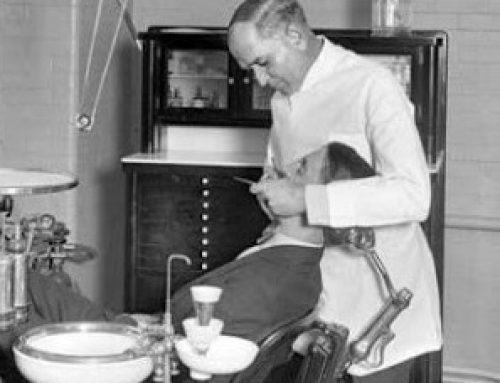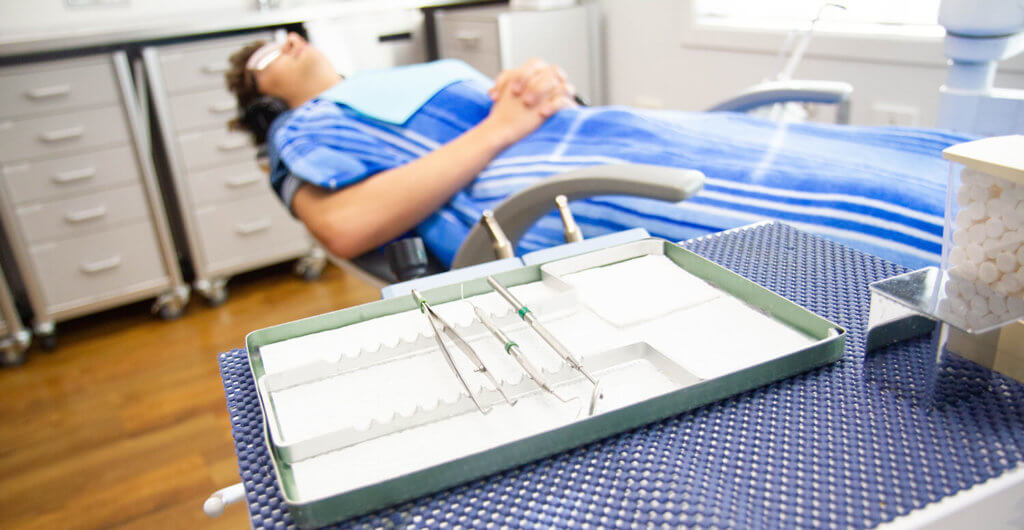 Sleep dentistry, or dental sedation, can be a great solution for people who have a fear of visiting the dentist.
Sleep dentistry, or dental sedation, can be a great solution for people who have a fear of visiting the dentist.
What Is Sleep Dentistry?
Sleep dentistry is using sedation to reduce your sense of consciousness or awareness so that dental treatments can be performed without anxiety or fear. Conscious sedation is ideal for dentistry because you remain awake and responsive to instructions even while your reduced state of consciousness allows you to be totally relaxed and retain little – if any – memory of the events.
In addition, conscious sedation doesn’t require any intervention to maintain airways or ventilation, so it is extremely safe.
How Does Sleep Dentistry Work?
Sleep dentistry could involve:
- The inhalation of nitrous oxide (laughing gas); or
- Taking sedative tablets orally; or
- Having sedatives administered intravenously; or
- A combination of these methods.
In all instances, you will remain awake throughout your treatment and be able to follow the instructions your dentist gives you. You will be able to breathe normally. However, your awareness of what is happening will be impaired – which effectively reduces anxiety, stress and fear. Many sleep dentistry patients find that they cannot remember much at all from their appointment.
Sedation does not stop you from feeling discomfort, therefore local anaesthetic is still required to numb the area in your mouth being treated.
Who Can Have Sleep Dentistry?
Assessing your suitability for dental sedation involves looking at a number of different factors. How anxious or phobic you are towards the dental treatment is a major factor, as well as the length of your required treatment. Sedation is a great option for people who have a number of dental needs that need addressing as they can all be performed in one longer appointment.
In all instances, we conduct a detailed patient history covering dental, medical and social history, as well as a thorough physical examination. Age, state of health and physical factors are all considered. You will also need to accept responsibility to follow the pre- and post-sedation care instructions.

